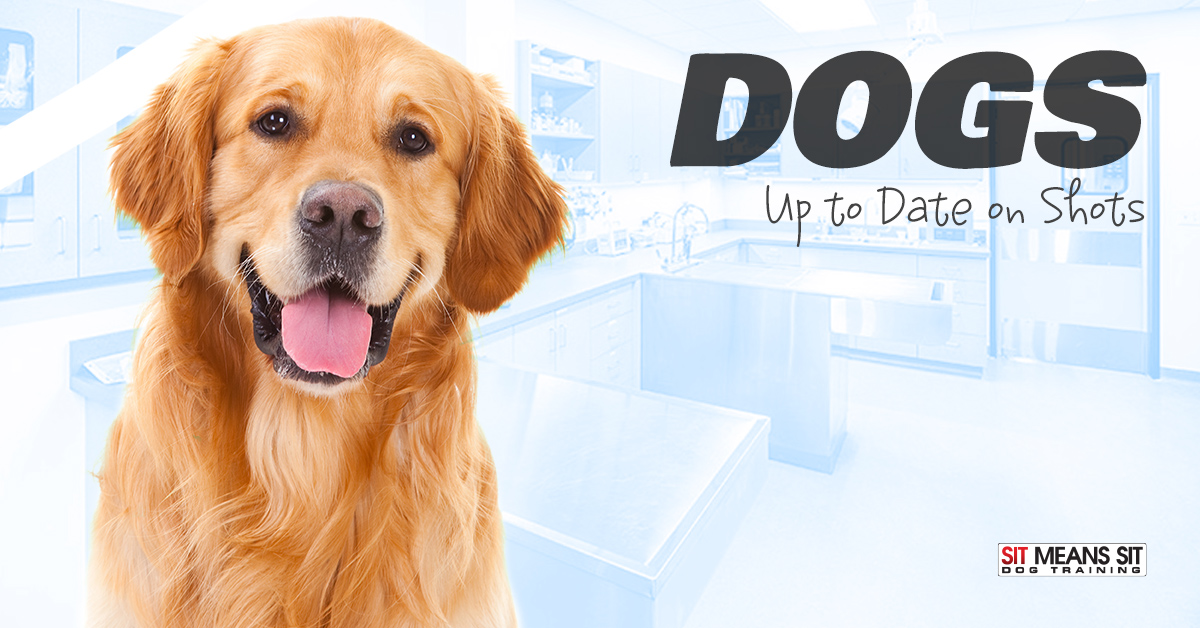
Making Sure Your Dog is Up to Date on Shots
Owning a dog comes with plenty of responsibilities, especially in the first few years of their lives. When you first welcome a puppy into your home, you’ll need to make sure that they receive all of the necessary vaccinations to make sure they grow into happy and healthy adult dogs. While your vet is the most useful primary resource for your dog’s vaccinations, you may be wondering what exactly some of these first-year vaccinations do. That’s why we’ve compiled everything you need to know about your dog’s vaccinations below.
Vaccination Cost Schedule
Your first question regarding puppy vaccinations is probably how often you’ll have to get them vaccinated and how much it will cost you. However, there really isn’t one standard puppy vaccination schedule. Every dog is different, and depending on the area of the country you live in, your dog’s breed, and their individual risk factors, their vaccination schedule could look very different from other dogs. The cost of puppy vaccinations also depends on multiple factors: where you live, which vaccine your dog is receiving, and where you get your dog vaccinated – whether a shelter or a vet’s office – all come into play. We recommend discussing options ahead of time with your vet or the shelter that you adopt your dog from.
What Vaccines Are Necessary?
As a pet parent, raising a dog can get hectic, busy, and expensive. Your next questions are probably regarding which vaccines are necessary for dogs to receive. Here’s a list of recommended vaccinations:
- Distemper – The distemper vaccine will prevent your dog from contracting canine distemper, which is a severe contagious disease caused by a virus that attacks your dog’s nervous, gastrointestinal, and respiratory systems. It spreads through airborne exposure and through shared food and water bowls.
- DHPP – This vaccine will prevent your dog from contracting distemper, adenovirus (hepatitis), parainfluenza, and parvovirus, which is a highly contagious virus that attacks the gastrointestinal system and leads to loss of appetite, vomiting, fever, and severe diarrhea that can result in extreme dehydration.
- Rabies – The Rabies vaccine is required in most states and protects dogs against Rabies. Rabies is a viral disease that impacts mammals. It invades the central nervous system and causes headache, anxiety, hallucinations, fear of water, excessive drooling, paralysis, and death. Rabies is usually transmitted through the bite of another rabid animal and treatment within hours is often necessary to avoid death.
Keeping up with your dog’s shots can feel like a large commitment, but your furry friend’s health and well-being are worth it in the long run. Use this guide to stay on top of their shots to make sure you’re raising a happy and healthy canine.
